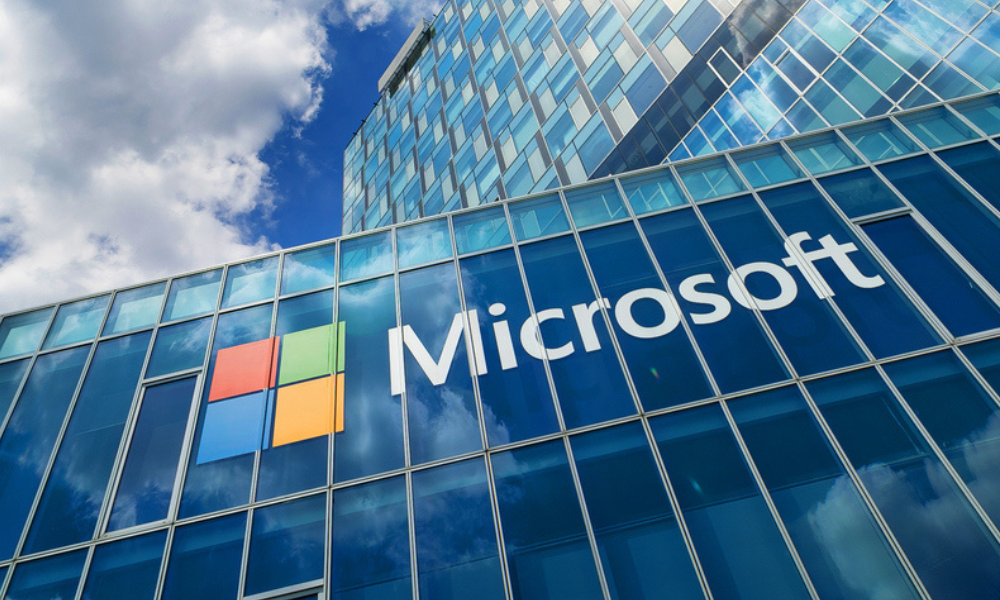While most leaders may swear by the efficiency of multitasking, neuroscientific research shows it can actually be detrimental to the quality of your performance
When it comes to how multitasking affects the performance levels of leaders and employees, Caroline Palmstedt, talent management lead at Monsanto Asia-Pacific, suggests a few strategies to consider.
“In my view, multitasking may equal failure-tasking” she shares with HRD. “Research shows the impact on the human brain when we allow ourselves to multitask: your tendency to perform quality work decreases, your ability to make the right conclusions decreases and your overall decision making is impacted negatively. Memory is also adversely impacted by multitasking as the brain is loaded with several tasks to perform at once.”
This is not because the brain cannot do several tasks at the same time, she stresses. For instance, it is possible to do the dishes well and actively take in information from a podcast because we have done the dishes a thousand times before.
On the other hand, imagine you are driving from Point A to Point B on an unknown road. If your GPS is broken and you are having an in-depth conversation with your superior about a major project, your brain will struggle to get to your destination and your conversation will most likely be distracted, she explained.
“When you add up these types of deep thinking tasks, it adds complexity to your brain’s ability to do things accurately.”
With what we know from neuroscience, it is highly recommended not to multitask when doing something new to you or when high quality or accuracy is the aim, she added.
To understand this, Palmstedt said to think of the brain like a battery.
“When you wake up in the morning, you’re at 100% charge through a good night’s sleep and a healthy brain food breakfast. You head for work and arrive with a fully charged ‘brain battery’. The minute you start multitasking however, your battery resources will be consumed heavily.”
Those starting the day with emails can deplete their brain’s battery by up to 30% by lunch, she said. Through continuous multitasking, your brain may have 20% battery left late in the day. Therefore, it is a bad idea to start deep strategic work at this time especially if it has to be delivered before the end of the day.
In this situation, your chances of finishing your work to a high degree of quality are low because this type of deep thinking is heavy on brain resources, she said.
There are two ways to top up your brain’s battery, she added: food and sleep.
“Food is not represented by a cup of coffee and a snack but rather a balanced glucose meal. Sleep will involve a long nap or preferably seven hours’ sleep.”
So why is multitasking so taxing on brain resources?
“The drop in brain resource power caused by multitasking occurs because the brain expends additional resources when switching back and forth between tasks,” she said.
“Each time you return to what you were doing before, your brain has to move all the way back through its neural pathways to find the place you left off with the previous task. This consumes enormous amounts of brain resources.”
This can be further compounded through the various distractions that go along with multitasking.
Email is one of the easiest ways to deplete brain resources, she cautioned.
“Very few emails will request a simple yes or a no answer,” she said. “Most emails involve numerous tasks such as opening and reading attachments, finding information in other files, making decisions before finally replying, etc. This involves switching between and activating several brain regions, which consumes brain energy.
Rather than depleting the brain’s reserves by checking emails constantly throughout the day, Palmstedt said smart leaders optimise their performance by setting aside specific times for email management and allowing single-tasking where needed.
“Really smart leaders don’t keep their email open all the time. They are very disciplined in having email times scheduled. In between these times, they don’t allow themselves to be distracted by emails unless it is absolutely necessary.
“Secondly, smart leaders set aside time in the morning for strategic work since the brain consumes less energy on high quality tasks while charged with 100% battery.”
In this way, leaders can allocate their brain’s reserves properly throughout the day, maximising performance and decision-making and producing high quality work.
“As the work environment becomes faster paced and puts greater demands on high performance and innovative solutions, understanding when to multitask and when to restrain from it can make an entire difference to your performance” Palmstedt summarises.
Related stories:
Use your time better - starting now
How to have a great day at work
Five everyday habits that are killing productivity
“In my view, multitasking may equal failure-tasking” she shares with HRD. “Research shows the impact on the human brain when we allow ourselves to multitask: your tendency to perform quality work decreases, your ability to make the right conclusions decreases and your overall decision making is impacted negatively. Memory is also adversely impacted by multitasking as the brain is loaded with several tasks to perform at once.”
This is not because the brain cannot do several tasks at the same time, she stresses. For instance, it is possible to do the dishes well and actively take in information from a podcast because we have done the dishes a thousand times before.
On the other hand, imagine you are driving from Point A to Point B on an unknown road. If your GPS is broken and you are having an in-depth conversation with your superior about a major project, your brain will struggle to get to your destination and your conversation will most likely be distracted, she explained.
“When you add up these types of deep thinking tasks, it adds complexity to your brain’s ability to do things accurately.”
With what we know from neuroscience, it is highly recommended not to multitask when doing something new to you or when high quality or accuracy is the aim, she added.
To understand this, Palmstedt said to think of the brain like a battery.
“When you wake up in the morning, you’re at 100% charge through a good night’s sleep and a healthy brain food breakfast. You head for work and arrive with a fully charged ‘brain battery’. The minute you start multitasking however, your battery resources will be consumed heavily.”
Those starting the day with emails can deplete their brain’s battery by up to 30% by lunch, she said. Through continuous multitasking, your brain may have 20% battery left late in the day. Therefore, it is a bad idea to start deep strategic work at this time especially if it has to be delivered before the end of the day.
In this situation, your chances of finishing your work to a high degree of quality are low because this type of deep thinking is heavy on brain resources, she said.
There are two ways to top up your brain’s battery, she added: food and sleep.
“Food is not represented by a cup of coffee and a snack but rather a balanced glucose meal. Sleep will involve a long nap or preferably seven hours’ sleep.”
So why is multitasking so taxing on brain resources?
“The drop in brain resource power caused by multitasking occurs because the brain expends additional resources when switching back and forth between tasks,” she said.
“Each time you return to what you were doing before, your brain has to move all the way back through its neural pathways to find the place you left off with the previous task. This consumes enormous amounts of brain resources.”
This can be further compounded through the various distractions that go along with multitasking.
Email is one of the easiest ways to deplete brain resources, she cautioned.
“Very few emails will request a simple yes or a no answer,” she said. “Most emails involve numerous tasks such as opening and reading attachments, finding information in other files, making decisions before finally replying, etc. This involves switching between and activating several brain regions, which consumes brain energy.
Rather than depleting the brain’s reserves by checking emails constantly throughout the day, Palmstedt said smart leaders optimise their performance by setting aside specific times for email management and allowing single-tasking where needed.
“Really smart leaders don’t keep their email open all the time. They are very disciplined in having email times scheduled. In between these times, they don’t allow themselves to be distracted by emails unless it is absolutely necessary.
“Secondly, smart leaders set aside time in the morning for strategic work since the brain consumes less energy on high quality tasks while charged with 100% battery.”
In this way, leaders can allocate their brain’s reserves properly throughout the day, maximising performance and decision-making and producing high quality work.
“As the work environment becomes faster paced and puts greater demands on high performance and innovative solutions, understanding when to multitask and when to restrain from it can make an entire difference to your performance” Palmstedt summarises.
Related stories:
Use your time better - starting now
How to have a great day at work
Five everyday habits that are killing productivity





